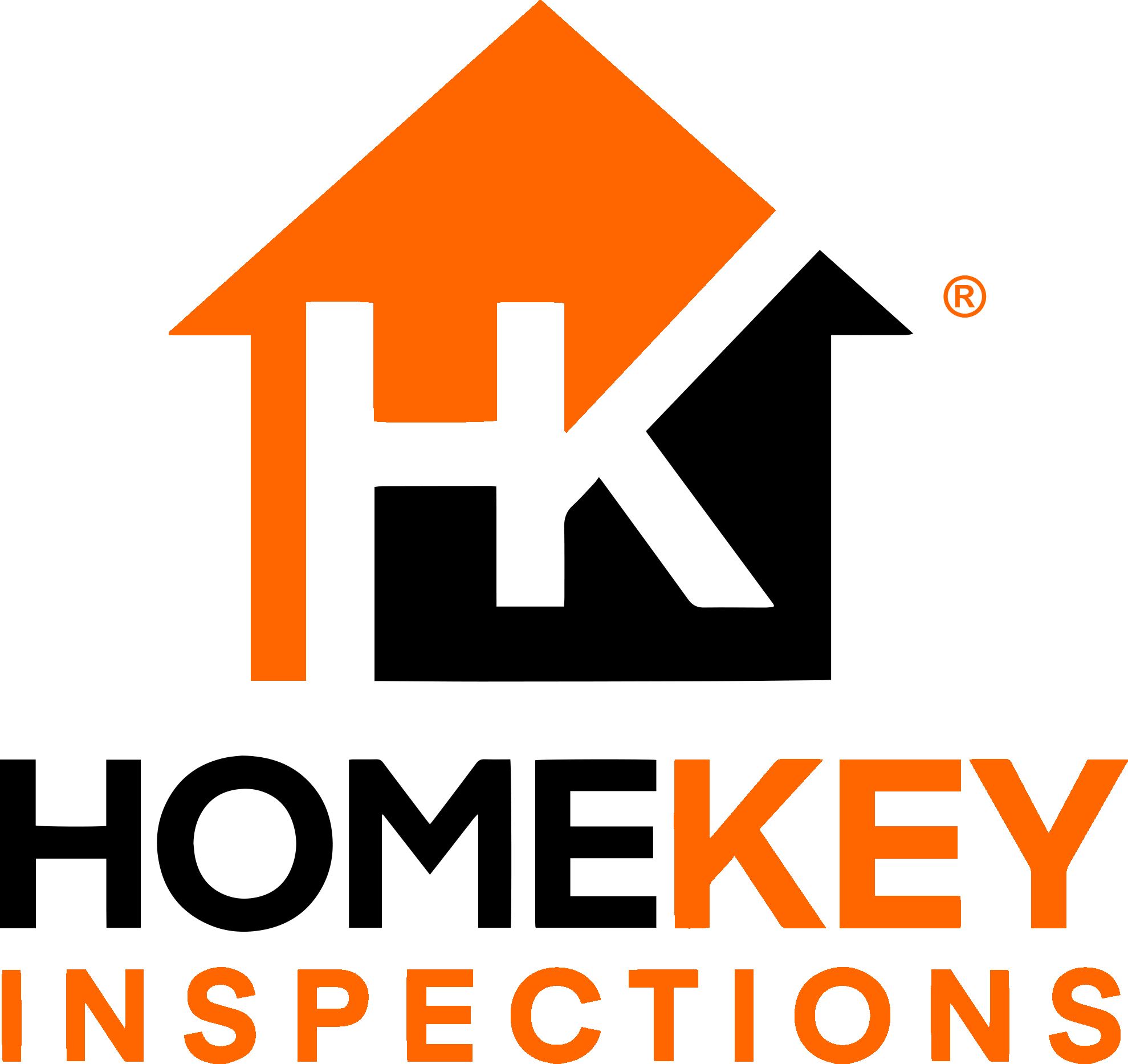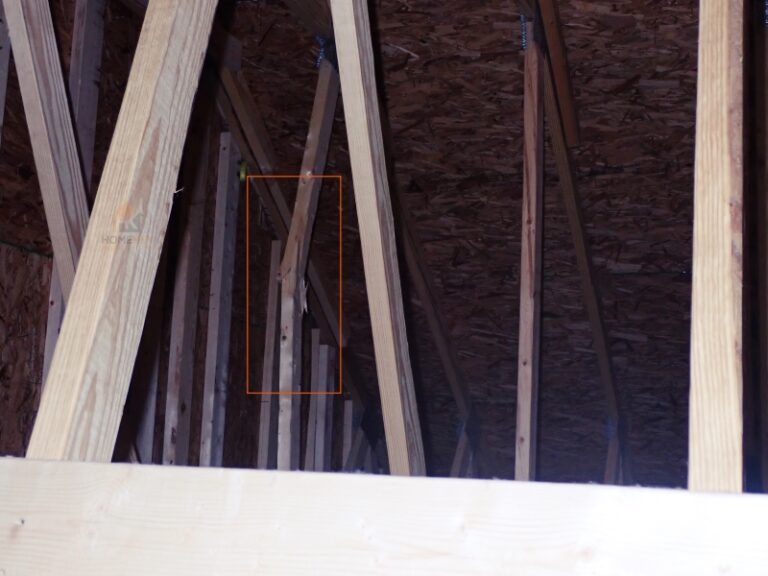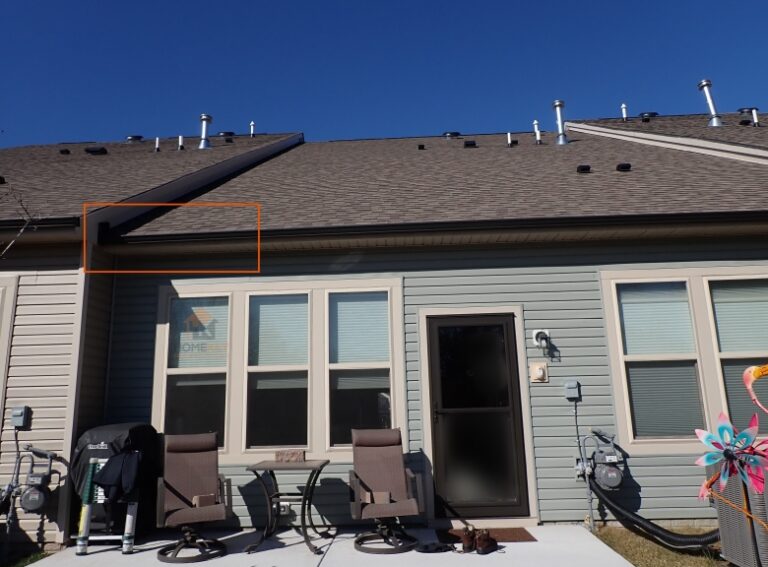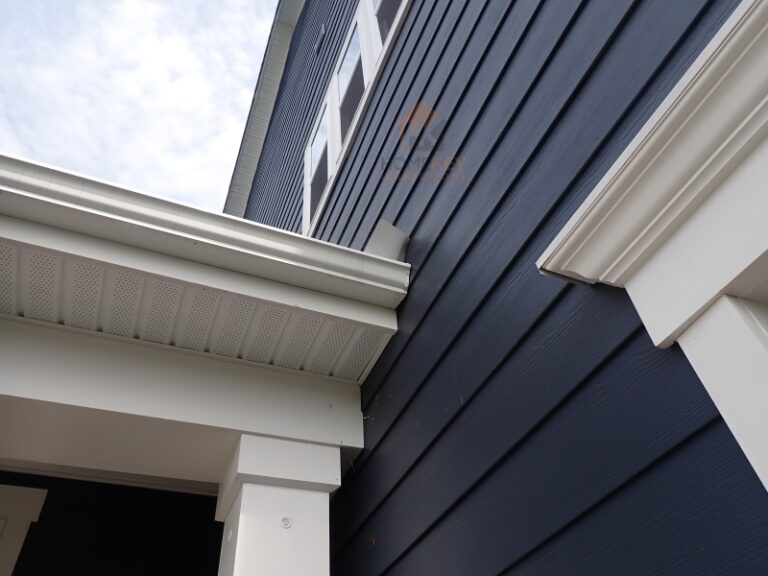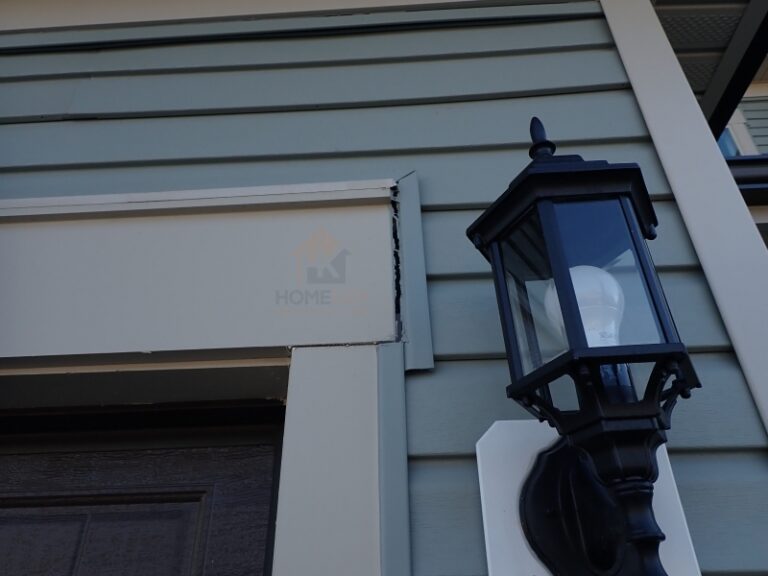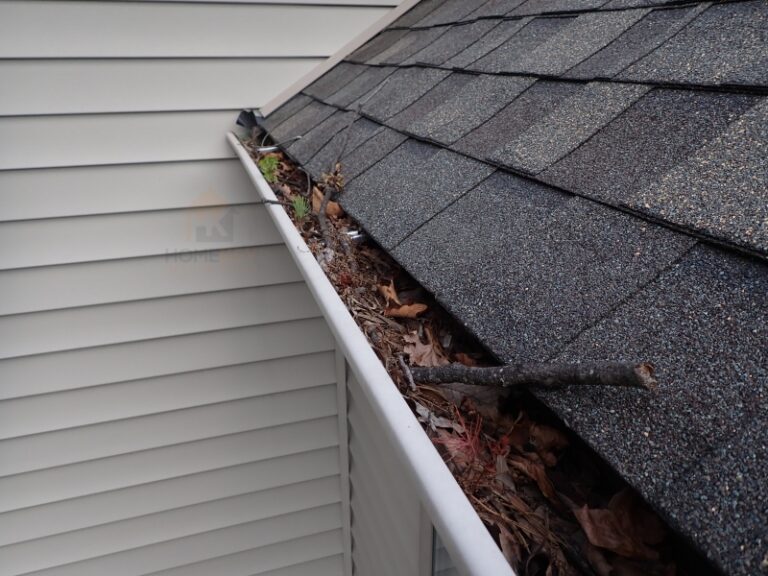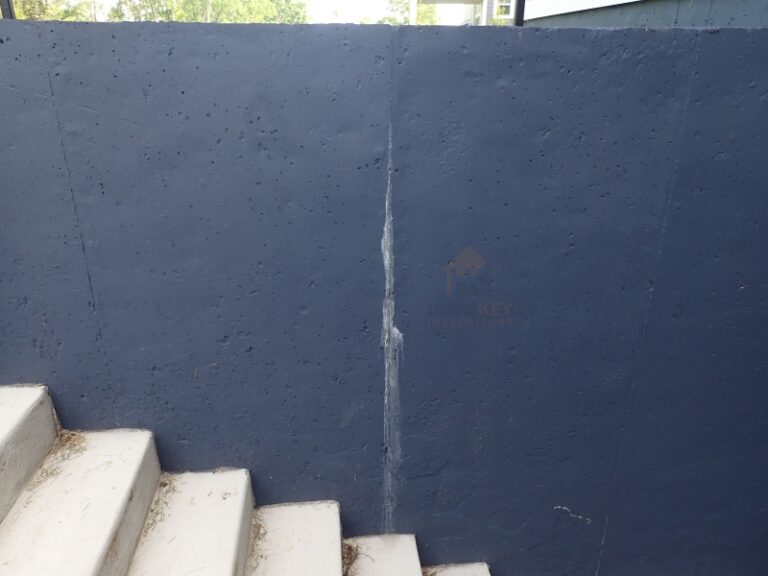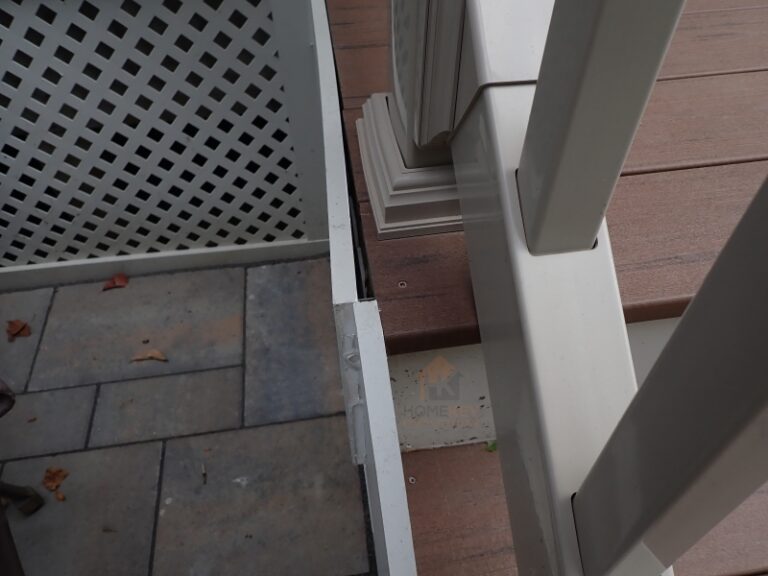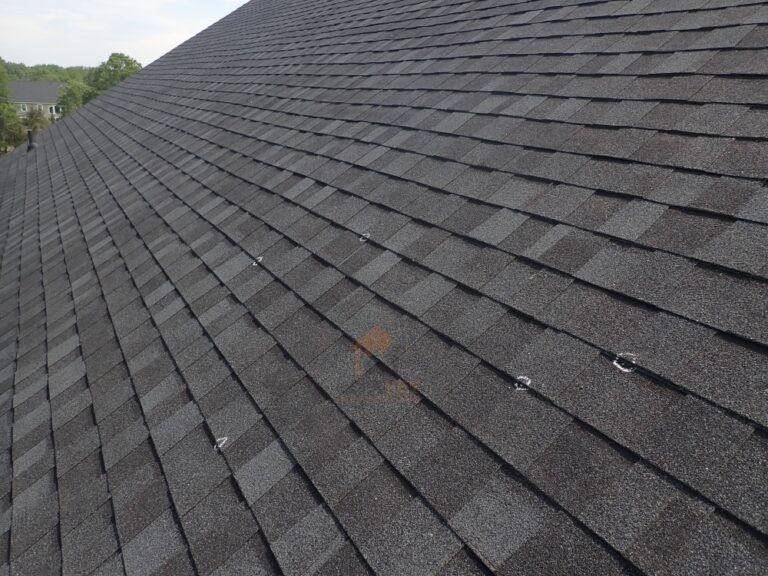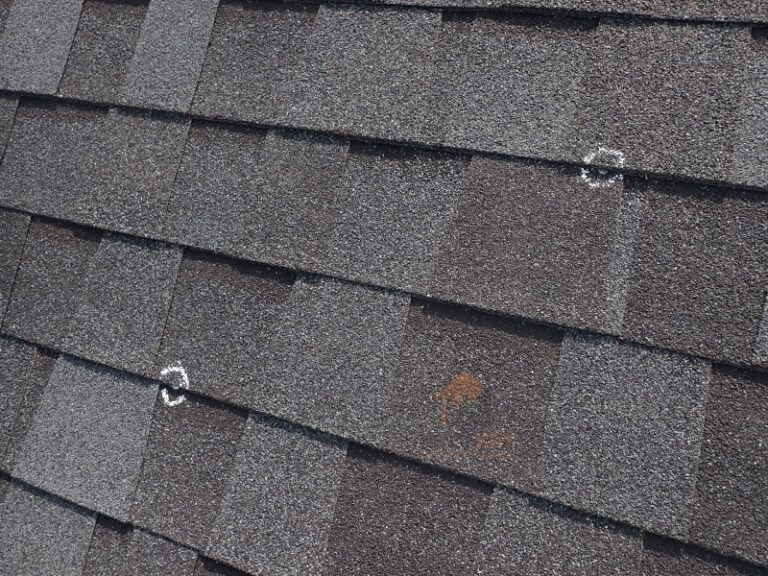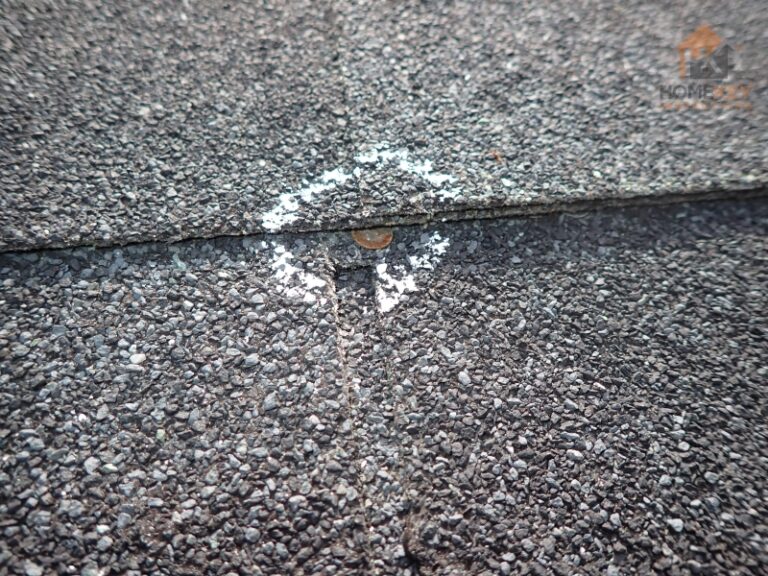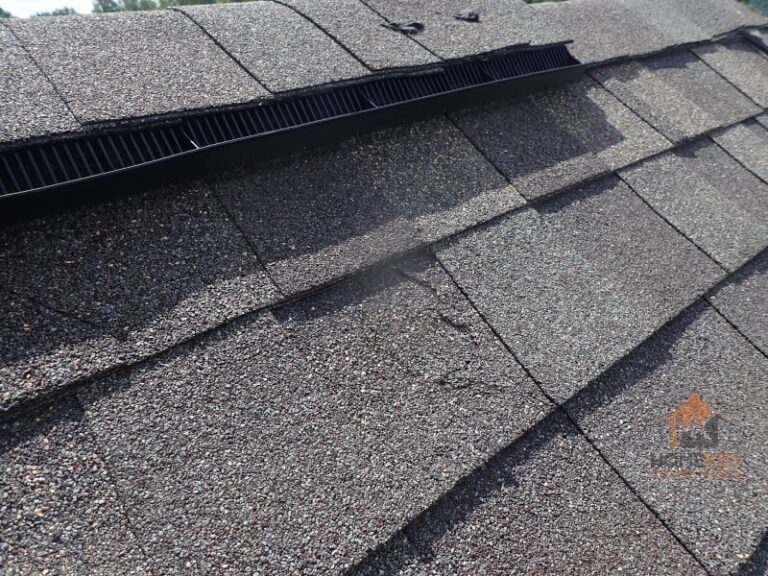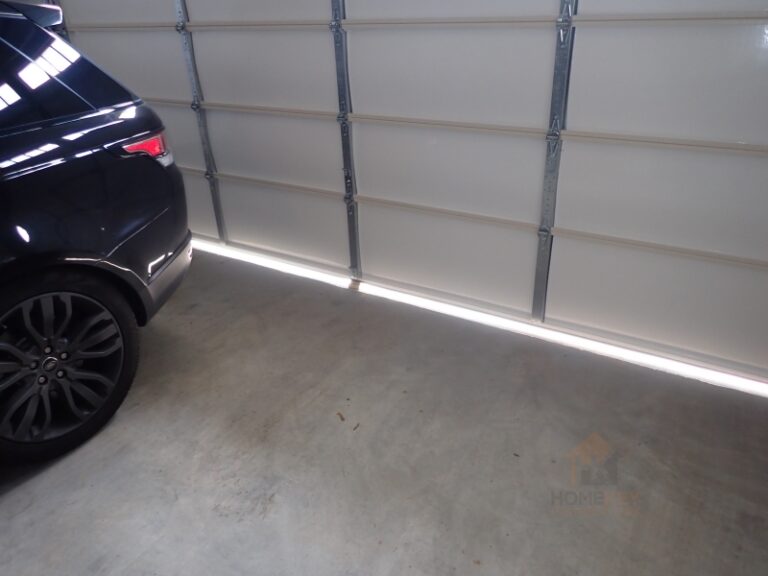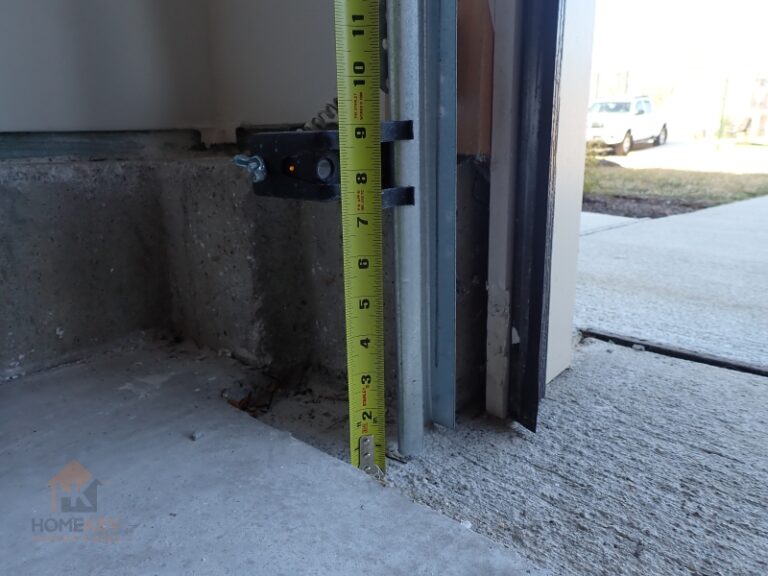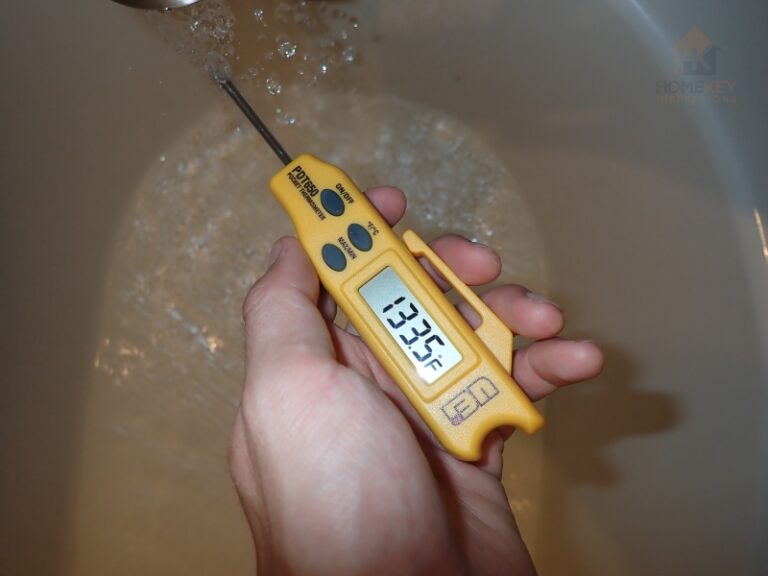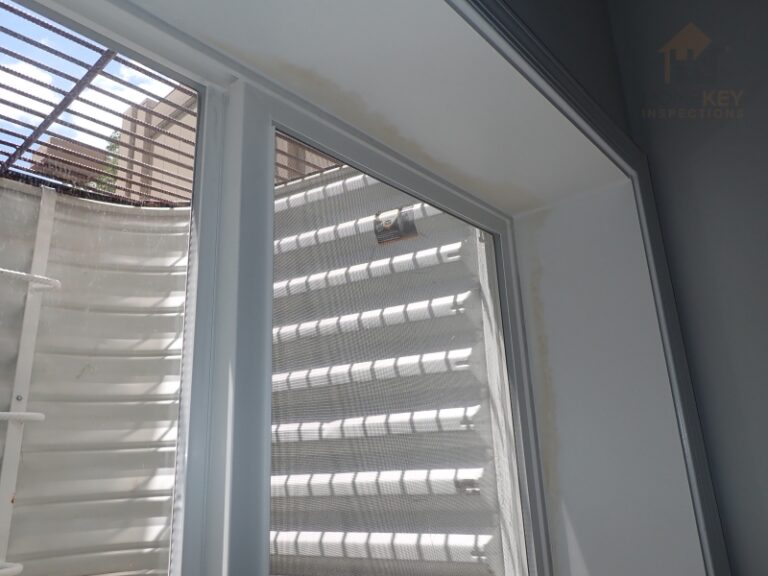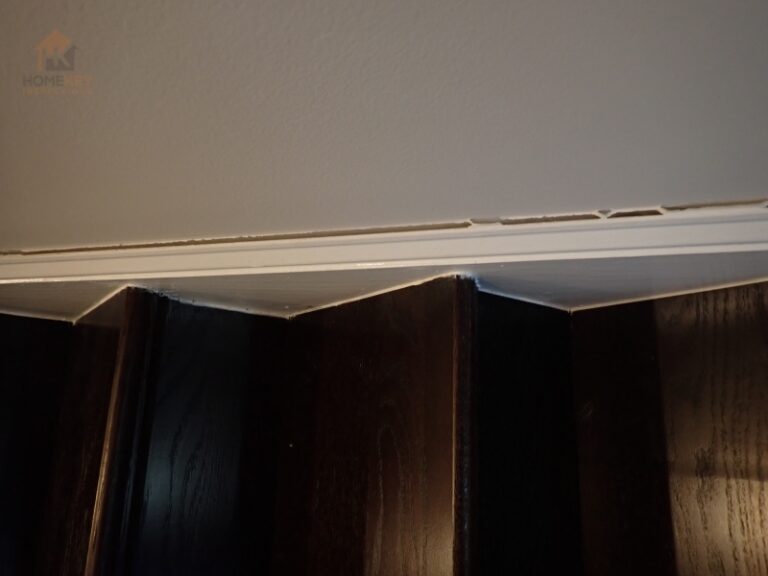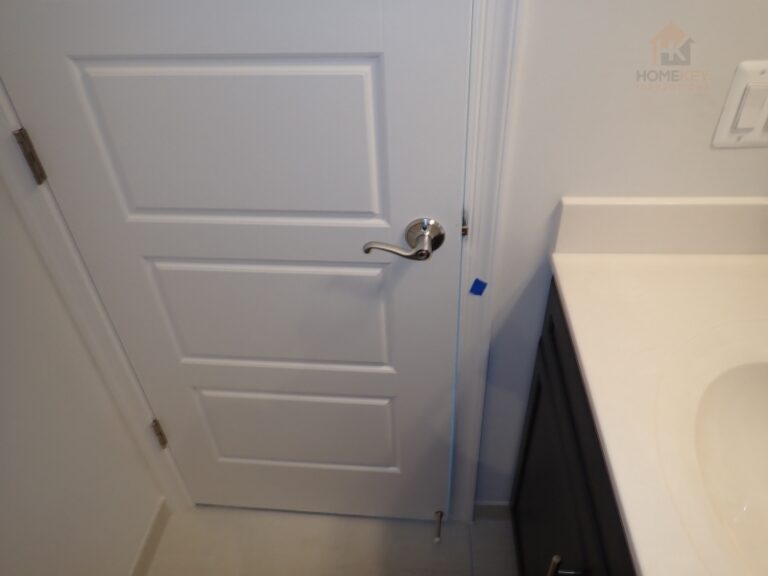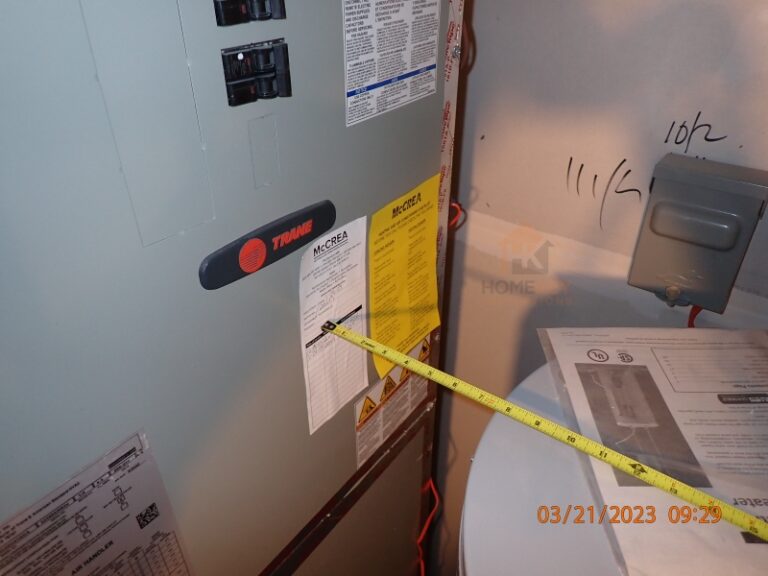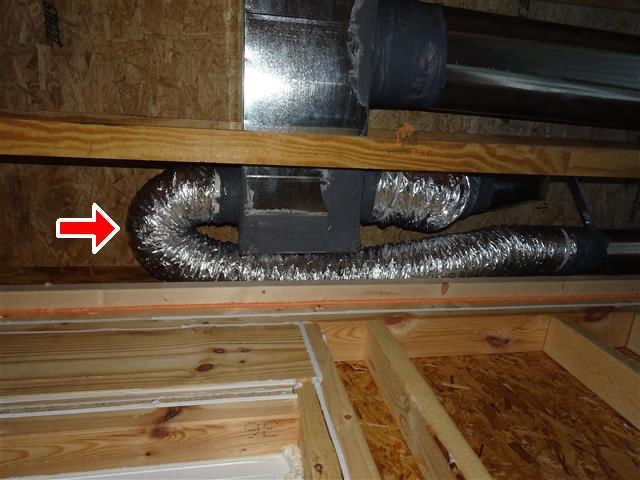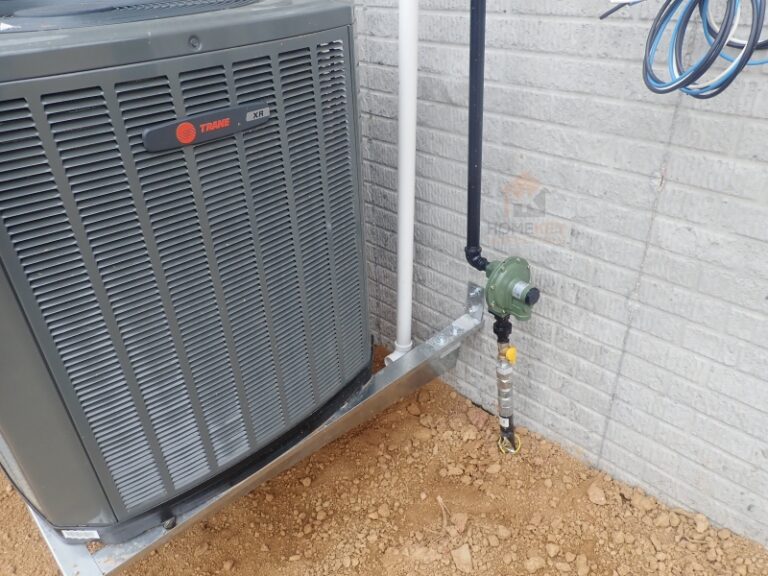Protect Your New Home with Comprehensive Warranty Inspections
Whether you’re seeking an 11-month warranty inspection (common in Virginia) or a builder warranty inspection (common in Maryland), HomeKey Inspections is here to help. New homes are significant investments, and even the highest quality construction can develop issues over time. Our comprehensive warranty inspections are designed to thoroughly evaluate your home before your warranty expires, identifying any hidden problems that may have arisen since your initial purchase.
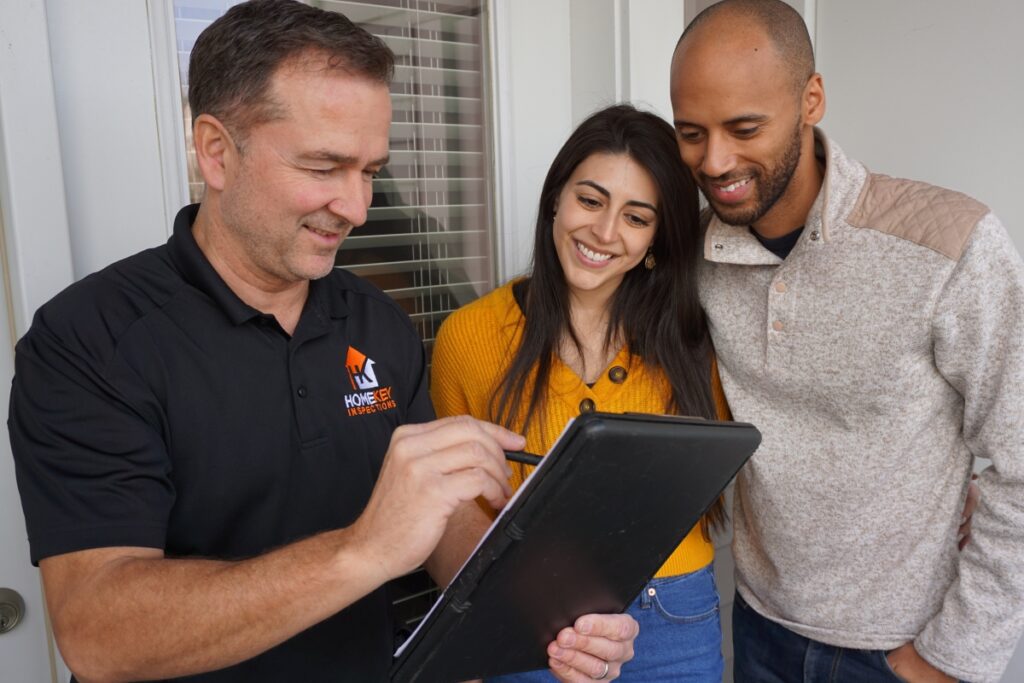

What is a warranty inspection?
Buying new construction has, as with most things in life, advantages and disadvantages. One of the potential disadvantages is that your new home has not yet had the time to show its flaws and imperfections (and every home has them!).
To mitigate this potential risk in buying new construction (since, of course, it will be new and shiny when first finished!), builders offer a warranty period within which homeowners may bring to their attention problems that may have arisen or made themselves apparent with time.
As you approach the end of your warranty period, therefore, you want to make sure you have as full and detailed a picture of the state of your home as possible. This is what makes this a key time for a home inspection!
The best time to schedule a warranty inspection is towards the very end of the warranty period–this way you have the most up-to-date picture of the current state of your home (especially of any deficiencies observed) and can present these to your builder to repair as needed.
What's the difference between a builder warranty inspection and an 11-month warranty inspection?
These are essentially two terms for the same thing, and which term is used often depends on where you live.
For example, in Virginia these tend to be known as ’11-month warranty inspections’ because the warranty period is one year from the date of settlement. The optimal time to schedule the warranty inspection is therefore right around the 11-month mark. By contrast, in Maryland the warranty period may often be longer than one year–hence ‘builder warranty inspection’ is a more appropriate term.
But these are both referring to the same idea: when you buy new construction, the builder includes a warranty period within which you can submit a list of items to repair/replace (ask your builder about information surrounding what sorts of issues you could expect to be repaired if submitted).
What do we inspect at the builder warranty / 11-month warranty inspection?
(Click on sections below to see more)
- Driveway(s)
- Walkway(s)
- Steps/Stairs/Stoop
- Grading
- Exterior Drainage
- Landscaping
- Exterior Doors
- Siding and Trim
- Vents
- Soffits
- Masonry Components
- Porch/Patio/Deck
- Balcony
- Safety Rails
- Windows
- Window Wells
- Roof Covering
- Gutters
- Roof Flashing
- Roof Hatch(es)
- Valleys
- Roof Sheathing
- Roof Vent(s)
- Vent Collars
- Skylight(s)
- Chimney(s)
- Chimney Crown/Cap
- Garage Door(s)
- Walls & Ceiling
- Floor/Slab
- Door Auto Reverse
- Door Photo Eyes
- Service Door
- Fire Separation
- Ceilings
- Walls
- Floors
- Trim
- Doors
- Closet Doors
- Windows
- Fireplace(s)
- Bathroom-Tile/Wall Protection
- Bathroom – Shower Surround
- Bathroom – Shower Pan
- Interior Insulation
- Attic Insulation
- Attic Ventilation
- Steps and Stairways
- Balconies and Railings
- Tempered/Safety Glass
- Smoke/CO Detectors
- Skylight(s)
- Counters/Cabinets/Shelves
- Attic Hatch
- Attic Pull Down Stairs
- Range
- Wall Oven
- Cooktop
- Exhaust Fan
- Range Hood
- Refrigerator
- Dishwasher
- Disposer
- Microwave
- Sink
- Countertops
- Cabinets
- Drawers/Doors
- Electric Panel
- Sub Panel
- Circuit Breakers
- Circuits/Cables
- Service Entry Cable
- Drop Cable
- Weatherhead
- Overhead Cables
- Meter/Meter Base
- Ground
- Receptacles
- GFCI Protection
- Switches/Dimmers
- Junction Boxes
- Light Fixtures
- Ceiling Fans
- Bathroom Fans
- Door Bell
- Furnace
- Combustion Air
- Flue/Exhaust Vent
- Safety Controls
- Heat Pump
- Condensing Unit
- Refrigerant Lines
- Air Handler
- Evaporator Coil
- Condensate Drain Lines
- Condensate Pan
- Condensate Pump
- Condensate Secondary
- Filter
- Ductwork/Plenum
- Air Registers
- Returns
- Thermostat
- Boiler
- Boiler Piping
- Radiators
- Water Heater
- Water Heater Flue
- Pipes and Fittings
- Drain/Waste/Vent
- Drain(s)
- Drain Pop-Up
- Faucets
- Fixtures
- Valve(s)
- Toilet(s)
- Bathtub(s)
- Whirlpool Tub
- Hose Bib(s)
- Washer Machine
- Washer Pan
- Dryer
- Bath Vents
- Water Flow/Pressure
- Gas Meter
- Gas Pipe
- Foundation Walls
- Footers (if visible)
- Floor/Slab
- Seepage/Dampness
- Sump Pump(s)
- Crawlspace
- Framing
- Masonry Walls
- Masonry Veneer
- Columns, Piers, or Posts
- Structural Steel
- Chimney
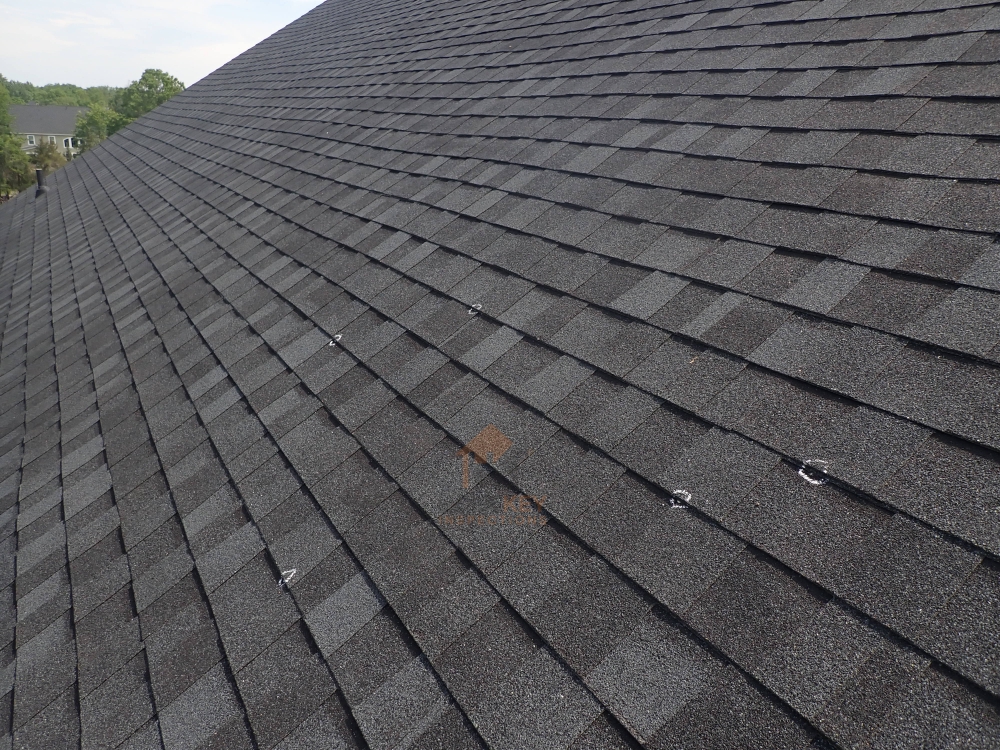
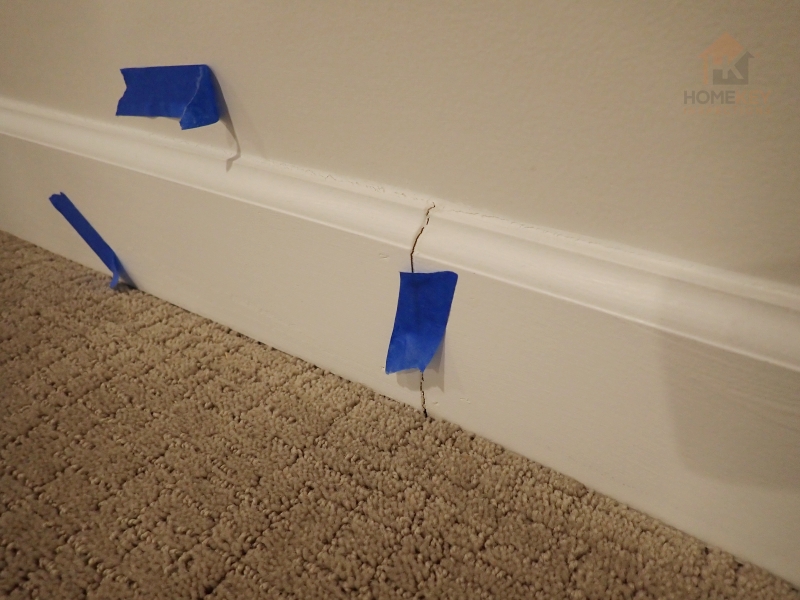
Examples of Things We Find During Builder Warranty / 11-month Warranty Inspections
But is a Home Inspection Really Necessary for New Construction?
New construction homes undergo multiple county inspections during the building process, so you might wonder if an additional home inspection is worth it. While county inspectors focus on code compliance, their inspections are often brief and may overlook important details. A private home inspection provides a more thorough evaluation, identifying potential issues that could impact your home’s safety, efficiency, and value over time.
Our home inspectors typically spend 2-3 hours at the property, carefully examining areas that may have been missed during county inspections. For example, in this photo (taken during an 11-month warranty inspection), one of our inspectors discovered an electrical issue that had gone unnoticed during the county’s inspection nearly a year earlier.
A third-party inspection is often well worth it. A warranty inspection is your unique opportunity to identify and address issues before your builder’s responsibility ends—saving you from future headaches and expenses.
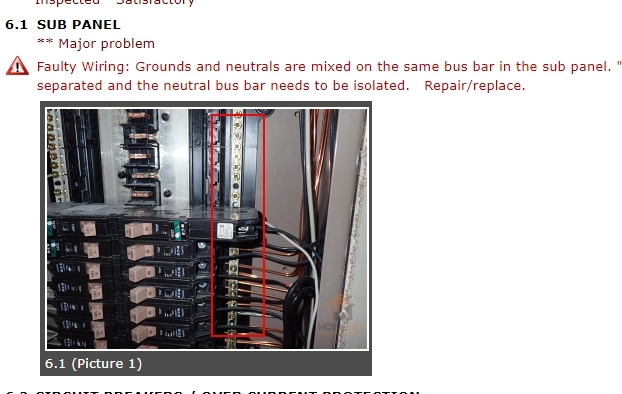
During inspection of a sub panel, the HomeKey inspector noticed that plug-on neutral AFCI breakers had been installed on the buss bar that was supposed to be for grounds only, effectively combining neutrals and grounds together on a sub panel.
